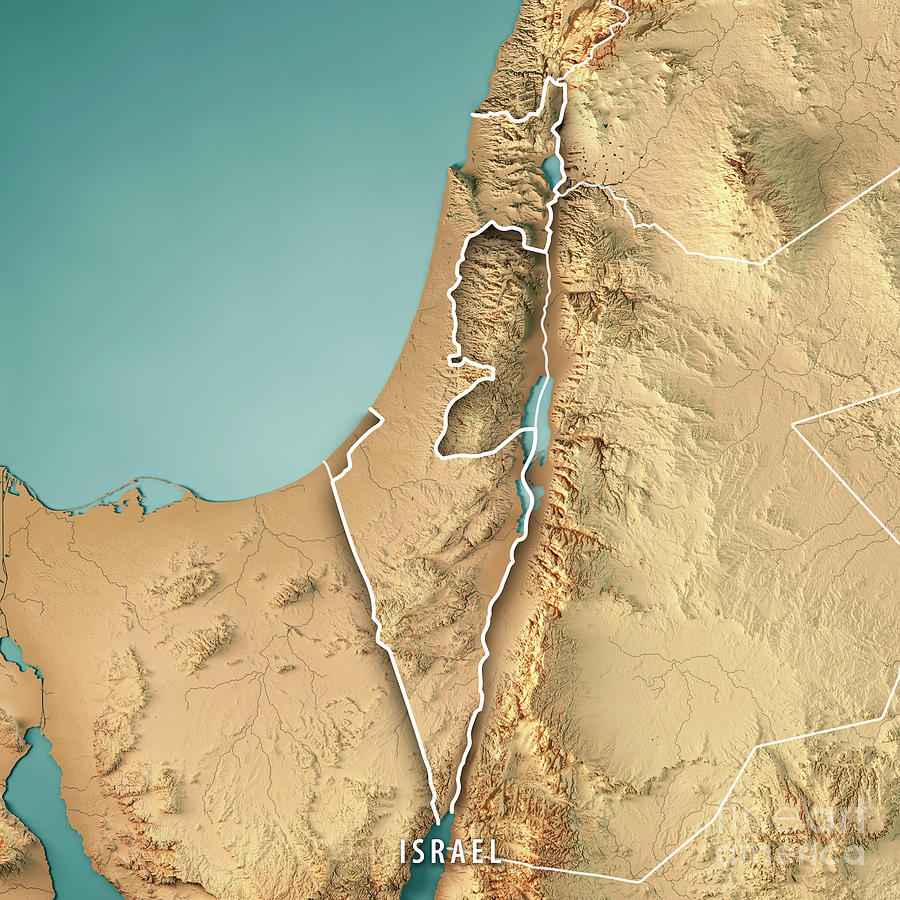The Israel-Palestine conflict is a protracted and multifaceted dispute with deep historical, political, and cultural roots. This blog post delves into the origins, significant events, and current state of the conflict, including recent incidents involving Hamas and the Gaza Strip.
Historical Background
Early History
The origins of the Israel-Palestine conflict can be traced back to the late 19th and early 20th centuries, when nationalist movements among both Jews and Arabs began to take shape. The decline of the Ottoman Empire and the subsequent British mandate over Palestine set the stage for increasing tensions between Jewish and Arab communities.
The Balfour Declaration
In 1917, the Balfour Declaration by the British government expressed support for the establishment of a “national home for the Jewish people” in Palestine. This declaration fueled Jewish immigration to the region, intensifying conflict with the Arab population, who sought independence and self-determination.
Partition and Independence
In 1947, the United Nations proposed a partition plan to create separate Jewish and Arab states. This plan was accepted by Jewish leaders but rejected by Arab leaders. The declaration of the State of Israel in 1948 led to the first Arab-Israeli war, resulting in the displacement of hundreds of thousands of Palestinians.
Key Events and Developments
The Six-Day War
In 1967, Israel fought a war against Egypt, Jordan, and Syria, known as the Six-Day War. Israel captured significant territories, including the West Bank, Gaza Strip, Sinai Peninsula, and Golan Heights. The occupation of these territories remains a core issue in the conflict.
The Oslo Accords
The Oslo Accords, signed in the 1990s, were a series of agreements aimed at achieving peace between Israelis and Palestinians. They led to the establishment of the Palestinian Authority and partial self-governance in the West Bank and Gaza. However, final status issues, including the status of Jerusalem and the right of return for Palestinian refugees, were left unresolved.
Hamas and Gaza
Emergence of Hamas
Hamas, an Islamist militant group, was founded in 1987 during the First Intifada, a Palestinian uprising against Israeli occupation. Hamas opposes Israel’s existence and seeks to establish an Islamic state in historic Palestine. It gained political power in the Gaza Strip after winning the 2006 Palestinian legislative elections.
Recent Conflicts
In recent years, Gaza has been the site of numerous conflicts between Hamas and Israel. In May 2021, a severe escalation occurred, marked by rocket attacks from Gaza and Israeli airstrikes. These hostilities resulted in significant casualties and widespread destruction in Gaza.
Humanitarian Impact
The recurrent violence has had a devastating impact on civilians. In Gaza, the blockade imposed by Israel and Egypt, along with internal governance issues, has led to severe economic and humanitarian crises. The international community continues to call for a durable peace and a two-state solution.
